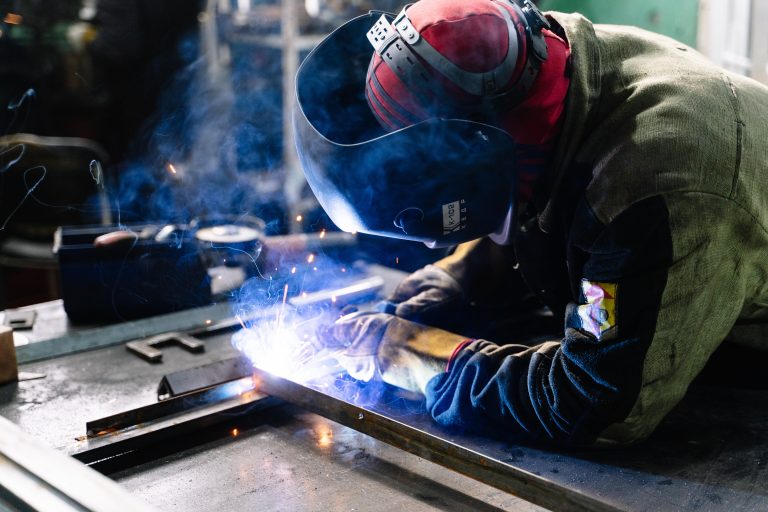Throughout my years of ministry, being involved in the Alcoholics Anonymous Twelve Step program was and still is one of the most rewarding aspects of my life. No, I am not an addict, but at times am called on to help addicts through their “Fifth Step.”
The Twelve Step Program is as good an example of applying spirituality to an age old problem as I’ve found. Most exciting, and most inclusive is that it embraces any and all definitions of a higher power. While I’m not suggesting that the Twelve Step program is the only hope for recovery from addiction, (I’m simply not that smart) I have seen those steps and that AA community save lives.
The Fifth Step of the Twelve Step program, where I’m invited in, comes after the “stepper” has acknowledged their inability to conquer their addiction themselves, that they are powerless and need help, that they have made many mistakes, have hurt many other people, often many times. Step Four has the addict remembering, acknowledging, and often recording those times of causing harm.
Step Five is a time when they acknowledge those transgressions, to a higher power, and to one another person. Making personal amends follows after.
Frequently I have been the one other person. I recall an occasion.
“Leon” strode into my office carrying a couple of three ring binders. Papers filled with scribbling hung out of both. Leon informed me that these binders represented his Fourth Step work, trying to make an inventory of the harm that he had done to others throughout his life of addiction. There were many pages.
As I recall, we talked for a couple of hours. Rather, Leon talked. There had been many people impacted by his years of drinking. He was around my age, and his years of addiction were many. He never looked into his binders, the harm he had caused was obviously written also on his heart.
Finally, Leon began to wind down. The stories, the memories were coming fewer. But I still sensed anxiety, restlessness, an awareness of not feeling totally unburdened.
After a few moments of silence, Leon said, “There are a couple more stories. These are stories that I’ve never told anyone before. They go back to when I was a young kid. But I’ve lived with them all my life. I think if I’m going to stay sober, I need to let go of these.”
The first story was of an assault that he was part of, an assault on a girl. The perpetrators had been arrested, gone to trial. The part of the story that had ate like a cancer in his soul was his memory of the victim on the witness stand, Leon’s lawyer tearing her reputation to shreds. Leon had lived with the huge guilt of that memory.
The second story was equally striking. Leon’s grandmother was a stern but stabilizing presence in his tumultuous boyhood years. Once, she had disciplined him over something, he couldn’t remember what his infraction was. Angrily he had reacted by stealing her walking stick, and cutting a six-inch piece off the bottom end. She was left largely immobile. But the huge guilt had come from the part of the story when another boy, a cousin, was blamed and harshly punished for Leon’s misdeed. And again, that guilt lay on Leon’s soul for fifty or more years, in a dark unapproachable corner.
Finally, Leon was still, head bowed. We sat quietly, then I asked Leon if he would like to pray with me. His face lit up, and he indicated the church sanctuary with his thumb, “Can we go in there?”
We knelt under the cross, and we prayed, I and then Leon, we prayed for forgiveness, prayed for release, and we offered thanksgiving.
Leon’s face was damp when we came back to the office. He picked up his binders, turned to me and announced, “When I get home, I’m going to build a fire and burn these. I don’t need them anymore.”
I never saw Leon again. I don’t know what making amends looked like in his story. But the tears, the honesty, the prayer, leaves me with hope.


